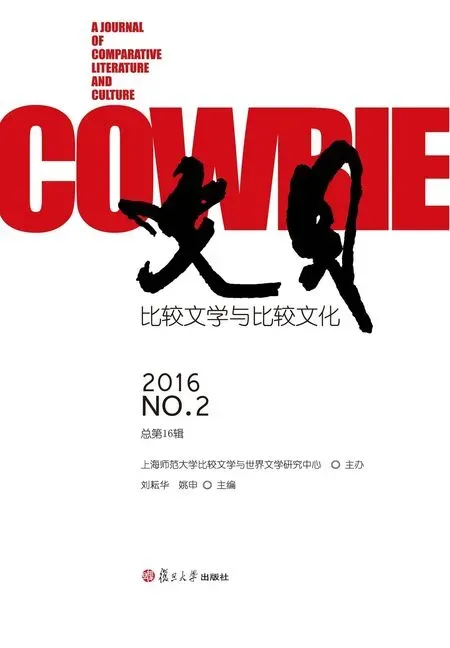主编前言
刘耘华
主编前言
刘耘华
In recent years, Classical Studies has become a cornerstone of many Chinese academic circles. From my perspective, this phenomenon signifies tremendous progress Chinese scholars have made, both in their academic pursuits and research standards. Overseen by Wei Zhang in the Department of History at Fudan University, this Issue’s featured topic, “Western Classical Texts” illustrates such progress and, in addition, scholarly innovation. The four featured articles — written by reputable scholars in the field, both well-established and up and coming junior colleagues —are excellent. They all employ literary or cultural theories to re-interpret specific problems in the context of the classics, including: “history” and “narration”;“fiction” and “the referent”; “oratory performance” and “social function”; the construction of “Others” and “power”; and the style of language in Plato’s dialogues.
In addition, this issue also includes three noteworthy pieces, all skillful in employing theory and providing detailed textual explanations, that display scholarly engagement and creativity: Jin Fan attempts to interpret the intrinsic logic or transitional function of comparative literature (the international relationship between literature and culture) via “emptiness” as “way of driving/disposing”; Jiajun Wang re-interprets Derrida’s engagement with Levinas to discuss the possibility of building an ethics of deconstruction; and Yu Zou, in his case study of Hong Shen’scoup de theatre, highlights an unsettled conservative agenda inherent in the semicolonial discourse of the May Fourth New Culture Movement.
We believe annual reports are an important facet of tracing and understanding the development and history of Chinese comparative literature. As such, we are pleased to include in this issue our Two-Year Report (2015—2016), a comprehensive account of the field at this time. This report (as all have been since 2013) is the product of Jianxun Ji’s labor for whose efforts we are exceptionally grateful.
(Translated by Yanyan Deng; edited by Julie Starr)
古典研究或古典学是近年中国学界的一个热点。窃以为,这也是中国人文学者之学术素养和研究水准得到显著提升的重要表征。本辑我们隆重推出复旦大学历史系张巍教授组织的“西方古典文本研究专题”。在四位作者中,既有久负盛名的古典学权威,又有才露头角的学术新锐,其各自奉献的论文均试图运用文学或文化理论来重释古典文本的诸种问题,在“历史”与“叙述”、“虚构”与“指涉性”、“演说的表演性”及其“社会功能”、“他者”与“权力合法性”的建构、柏拉图对话的语言风格等方面覃思深虑。论文新见迭出,显示了作者扎实厚重的学养以及既严谨又从容的气象。
在其他几篇论文中,范劲教授试图以“空”(emptiness)为“能/所”(way of driving/disposing)来诠释比较文学(文学与文化的世界关系)的内在逻辑或转换机制,王嘉军博士通过重释德里达对于列维纳斯的解读策略探索了解构与伦理合流的可能性,而邹羽教授以洪深对王尔德《温德米尔夫人的扇子》的编译为个案,发现了隐藏于半殖民地“五四”话语深处的一种现代保守主义。这些论文,或精于思辨,或详于考释,总之都是勇于探索、各具新意的佳构。
“中国比较文学研究年度报告”始于2013年,迄今为止,它的撰写一直由纪建勋博士独立承担。本辑推出的是双年度(2015—2016)报告,其内容因此也更加丰厚与全面。我们相信,它们必将是未来梳理中国比较文学发展历程的重要文献。值此篇即将刊出之机,我们特向纪博士致以谢意。
Notes from the Editor-in-Chief
Yunhua Liu

